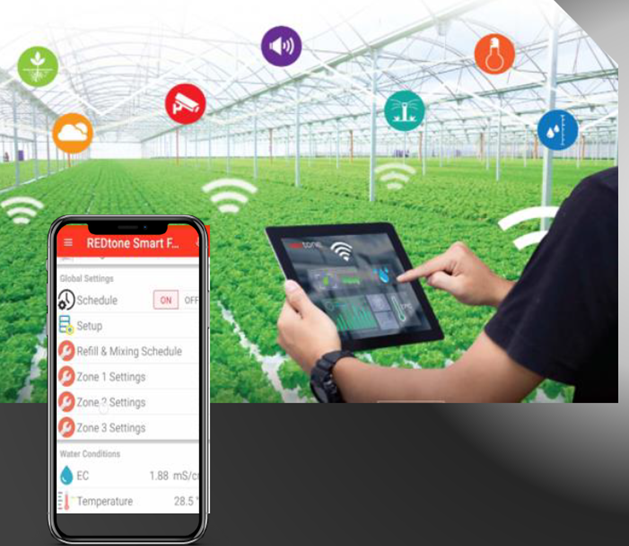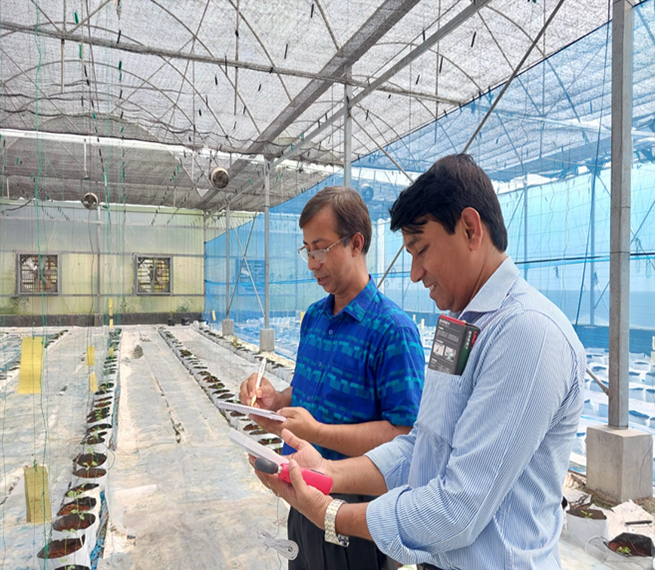
Smart Farming Project
Smart farming, also known as precision agriculture, is the use of advanced technologies to enhance agricultural practices and optimize farm management. It involves employing tools like IoT sensors, GPS, drones, AI, robotics, and data analytics to monitor crops, soil conditions, weather, and livestock in real-time. The goal of smart farming is to increase efficiency, improve crop yields, reduce resource consumption (like water and fertilizers), and minimize environmental impact. By making data-driven decisions, farmers can achieve better productivity and sustainability in agriculture.

Smart Farming Project
Smart farming is important because it significantly improves the efficiency, productivity, and sustainability of agricultural practices. By using advanced technologies, farmers can make data-driven decisions that optimize resource usage, such as water, fertilizers, and pesticides, reducing costs and minimizing environmental impact. Smart farming enhances crop yields, improves the quality of produce, and enables early detection of diseases or pests. It supports sustainable agriculture, helping to meet the growing food demands of a rising global population while conserving natural resources and promoting environmental conservation.
ZASS Technology
Major Work Area

Smart Farming Project
Smart farming offers several financial benefits, including:
Increased Yield and Productivity: By using data analytics and precision agriculture techniques, farmers can optimize planting, irrigation, and harvesting, leading to higher crop yields and improved quality of produce.
Cost Savings: Smart farming technologies help reduce input costs, such as water, fertilizers, and pesticides, by ensuring they are applied more efficiently. This leads to significant savings over time.
Long-term Sustainability: By improving resource efficiency and reducing environmental impact, smart farming can help secure long-term profitability and resilience in the face of changing market conditions and climate challenges.

Smart Farming Project
Resource Optimization: Enhanced monitoring of soil and crop conditions allows for better resource management, minimizing waste and reducing operational costs.
Improved Risk Management: With real-time data on weather patterns, soil health, and pest outbreaks, farmers can make informed decisions to mitigate risks, reducing losses from crop failure or unforeseen events.
Access to New Markets: Smart farming practices can enhance product quality and traceability, making it easier for farmers to meet certification standards and access premium markets or contracts with retailers.
Labor Efficiency: Automation and smart technologies can reduce labor costs by streamlining operations and requiring fewer manual interventions.